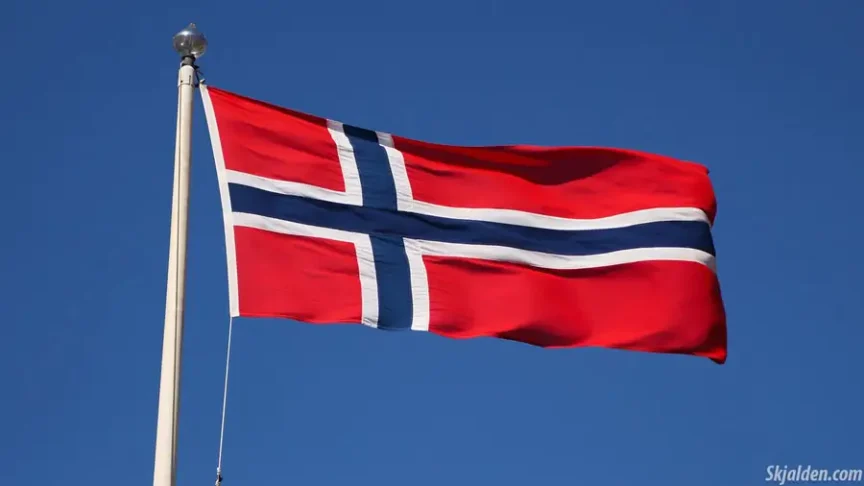In the Norwegian language, gratitude is expressed in various forms, each suited to different occasions and levels of formality. This comprehensive guide explores the different ways of saying “thank you in Norwegian“.
At the heart of Norwegian gratitude lies the word ‘Takk.’ It’s the universal, all-purpose way to express thanks, suitable for everyday situations. Whether you’re receiving a cup of coffee or a kind compliment, ‘Takk’ is your go-to expression.
Adding Depth to ‘Takk’ Gratitude
‘Tusen takk’: Translating to ‘a thousand thanks,’ this phrase is used to convey a deeper appreciation. It’s perfect for moments when you feel particularly grateful or wish to emphasize your thanks.
‘Takk skal du ha’: This phrase, meaning ‘thanks you shall have,’ adds a personal touch to your gratitude. It’s often used when you want to acknowledge someone’s special effort or kindness.
‘Takk for hjelpen’: Directly translating to ‘thanks for the help,’ this is used when someone assists you, be it in a small task or a significant favor.
‘Mange takk’: Though less common today, ‘mange takk’ (many thanks) still finds its use in certain contexts, offering a slightly formal but heartfelt way to thank someone.
‘Tusen hjertelig takk’: For moments of profound gratitude, such as receiving an unexpected gift or favor, ‘tusen hjertelig takk’ (a thousand heartfelt thanks) fittingly conveys your deep appreciation.
Gratitude in Social Settings
‘Takk for maten’: A must in Norwegian dining etiquette, this phrase (thank you for the food) is used to thank the host after a meal. It can be considered rude not to say it.
‘Takk for sist’: It means ‘thank you for the last time’ and is a unique way to express appreciation for a previous encounter or meeting.
‘Takk for meg’: Used when leaving a social event, this phrase (thanks for me) is a polite way to thank the host for the invitation and hospitality.
‘Takk for i dag’: Common in workplaces, ‘takk for i dag’ (thanks for today) is a way to express gratitude at the end of a workday or after a day spent with colleagues or friends.
‘Takk for nå’: Similar to ‘takk for i dag,’ this phrase (thanks for now) is used when parting ways with someone, especially when you expect to see them again soon.
‘Å takke ja / å takke nei’: These phrases are used to accept (say yes) or decline (say no) an offer or invitation, showing politeness and respect in your response.
A Sensitive Phrase: ‘Takk for alt’
‘Takk for alt’ (thanks for everything) is a powerful and emotive phrase reserved for solemn occasions like farewells or memorials. It’s a comprehensive expression of gratitude for someone’s entire impact or presence in one’s life.
